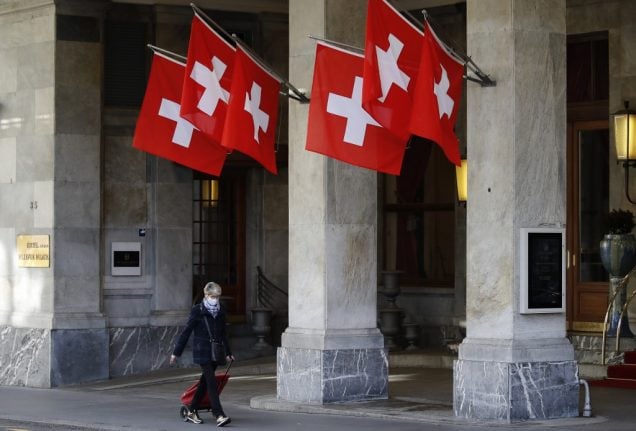According to a new study by the International Institute for Management Development (IMD) in Lausanne, “the outbreak of the coronavirus pandemic has not dented Switzerland's potential to attract talent on a global scale”.
“The training system, quality of life and high salaries remain the country's main strengths”, IMD found.
While the coronavirus has forced many employees to work from home, the top-ranked economies are home to companies that have been able to keep their employees motivated in a difficult context, the report said.
This year's IMD World Talent Ranking underlines the importance of education and mobility to foster and attract talent, and therefore throws into question the future of talent-dependent economies when the COVID pandemic eases off.#IMDImpact #TalentRankinghttps://t.co/yNuMBG5Xrc
— Institute for Management Development (IMD) (@IMD_Bschool) November 12, 2020
Switzerland has maintained its first place “thanks in particular to the efficient implementation of apprenticeship, public investments in training, the quality of health infrastructures and the impact of the brain drain on its economy”, the study’s authors said.
They also found that Switzerland tops the ranks for its high-quality education system, both in terms of those who pursue university education and vocational training / apprenticeships.
“In 2020, the economies likely to attract more talent are those that have invested in training, at the primary, secondary and tertiary levels. The opportunities for continuing education within companies contribute to a country's good reputation”, the study noted.
Denmark and Luxembourg rank in the second and third place, respectively. In all, eight European countries are among the top 10: Iceland is in the fourth place, Sweden (5) Austria (6), Norway (7), and the Netherlands (10).
READ MORE: Swiss economic slump is 'less serious than feared'
The other top-ranked countries are Canada (8) and Singapore (9).
The United States is in the 15th place, down from the 12th in 2019.
Switzerland has also earned top scores in two other international studies released in 2020, both showing that the country has weathered economic consequences of the health crisis better than most nations.
It was ranked as “the most resilient economy in the world” in August and was in the fourth place globally for its post-Covid economic recovery.



 Please whitelist us to continue reading.
Please whitelist us to continue reading.
Member comments